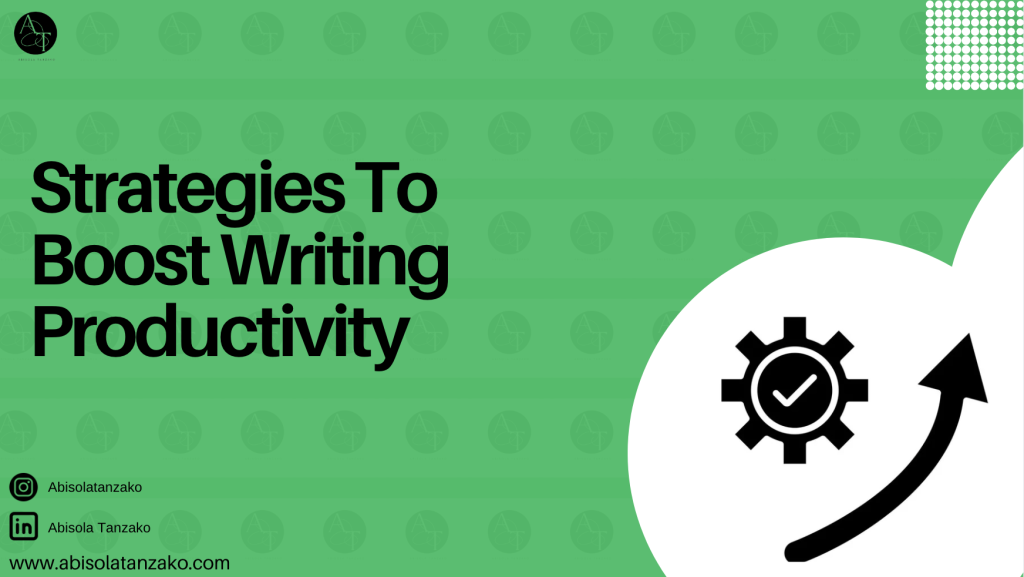Writing can be advantageous but challenging, requiring considerable time, effort, and mental energy. Whether you’re a seasoned author, a content creator, a student working on assignments, or someone who enjoys putting thoughts on paper, enhancing your writing productivity can lead to better outcomes and reduced stress. In this article, we will explore a range of strategies to help writers maximize their productivity, overcome writer’s block, and consistently produce high-quality content. Additionally, we’ll unveil a must-know hack that many successful writers swear by.
Ultimate Tips for Effective Writing Productivity

Set clear goals and deadlines
Establishing clear goals and deadlines is one of the most effective ways to boost writing productivity. Getting lost in a sea of words and ideas is easy without a roadmap. Start by defining your objectives and breaking them into smaller, manageable tasks. For example, set daily word count goals or chapter completion targets if you’re writing a novel. Having specific, time-bound goals will provide structure and motivation, thereby making it easy to stay on track.
Create a distraction-free environment

Writing requires concentration and focus, so it’s essential to eliminate distractions. Find a quiet space where you can work without interruptions. Turn off notifications on your devices, close unnecessary tabs on your computer, and use productivity tools like website blockers to prevent access to distracting websites and apps during your writing sessions. A clutter-free environment can significantly improve your writing efficiency.
Develop a writing routine

Establishing a consistent writing routine can help condition your mind to be more productive when it’s time to write. Dedicate a specific time of day to your writing, whether in the morning, during your lunch break, or in the evening. By consistently showing up to write simultaneously, your brain will become accustomed to this creative habit, making it easier to get into the writing flow.
Use writing prompts and outlines

Writer’s block can be disturbing, but you can overcome it by writing prompts or creating outlines. Prompts provide you with a starting point and can help kickstart your creativity. Outlines, on the other hand, offer a roadmap for your content, making it easier to structure your thoughts and maintain a coherent flow. Consider brainstorming ideas and outlining your work before you start writing.
Embrace the Pomodoro Technique

The Pomodoro Technique is a must-know time management method for working in short, focused bursts with regular breaks. Typically, you work for 25 minutes (a “pomodoro”) and then take a 5-minute break. After completing four pomodoros, you take a longer break of 15–30 minutes. This technique can be highly effective for maintaining concentration and preventing burnout during writing sessions.
Conclusion
Writing productivity is a skill that can be honed and improved over time. By setting clear goals, creating a distraction-free environment, establishing a routine, using prompts and outlines, and embracing techniques like the Pomodoro Technique and freewriting, you can boost your productivity and make writing more efficient and enjoyable. Remember that what works best for one writer may not work for another, so feel free to experiment with these strategies to find the combination that suits you best. Ultimately, the key to successful writing requires persistence and a willingness to adapt and refine your approach as you grow.
The Must-Know Hack: Freewriting

One must-know hack that many successful writers rely on is freewriting. Freewriting involves setting aside a specific writing time without any rules or constraints. Allow your thoughts to flow onto the page without considering grammar errors, spelling, or structure. The goal is to bypass your inner critic and tap into your creativity. Freewriting can help you overcome writer’s block, generate new ideas, and discover unexpected insights. After your freewriting session, you can review and refine your work, extracting valuable ideas for your final piece.

